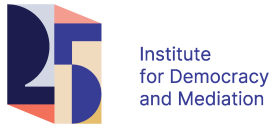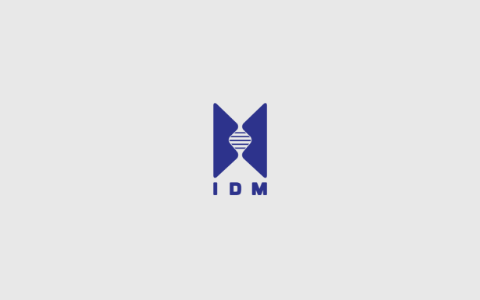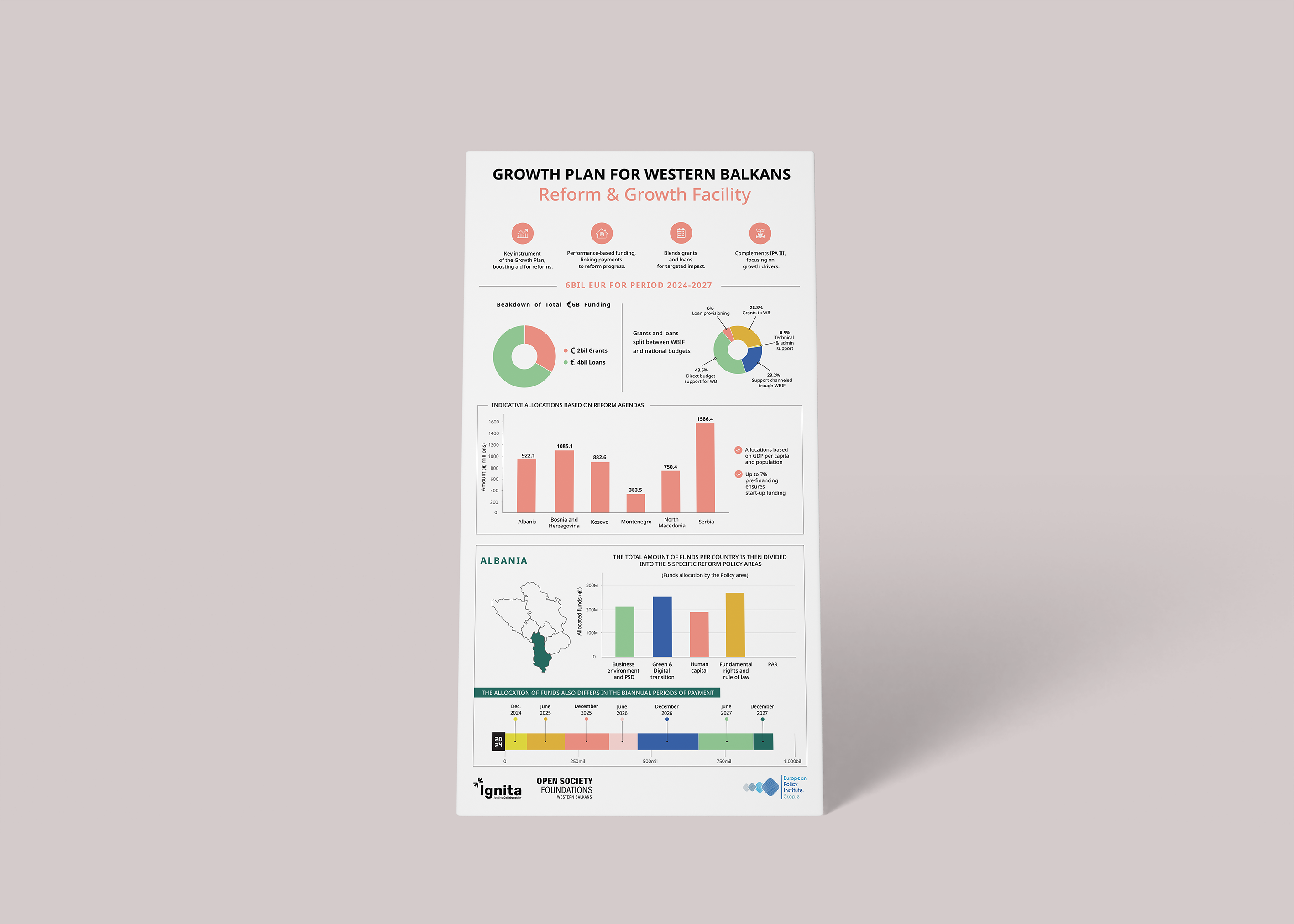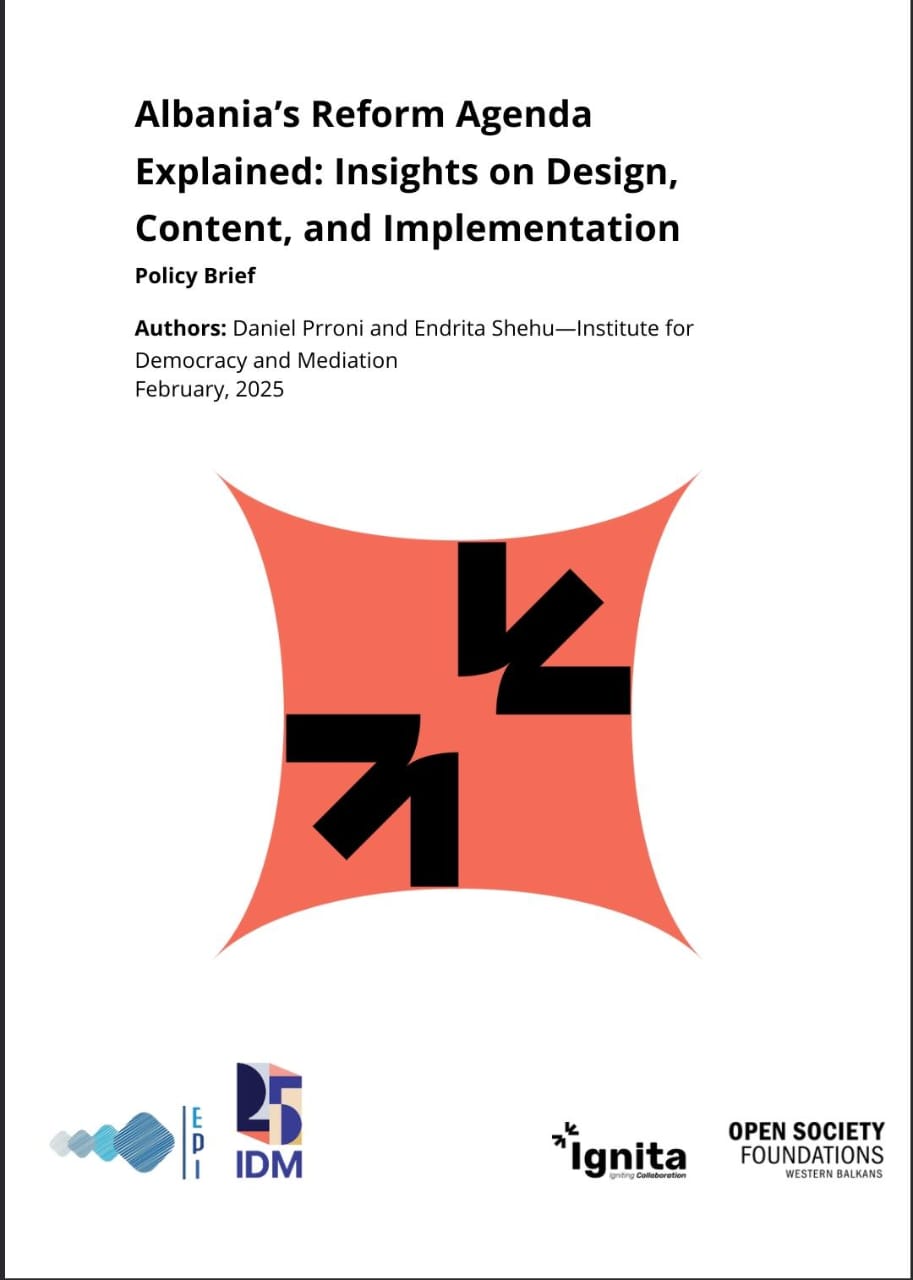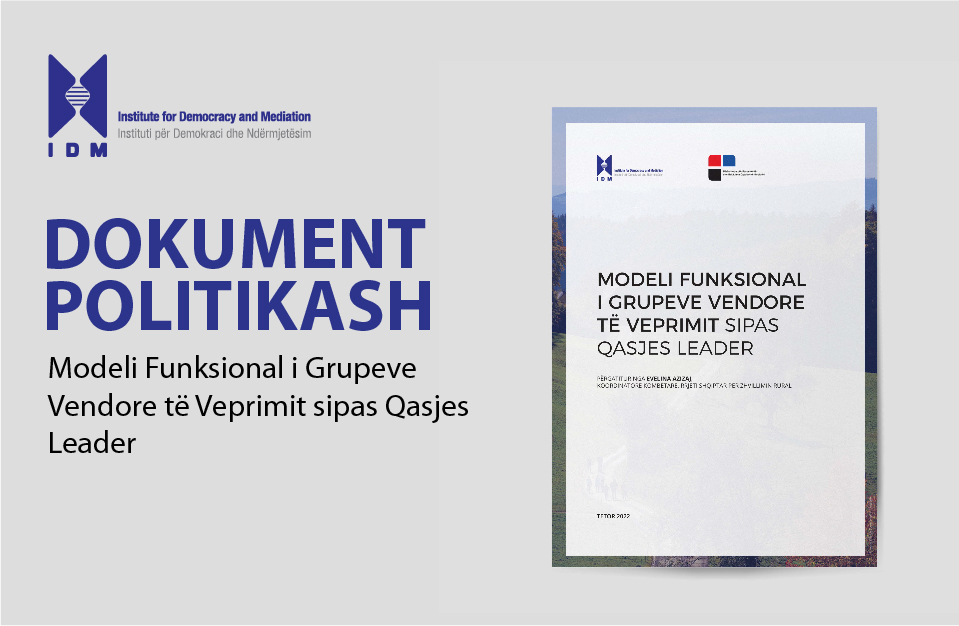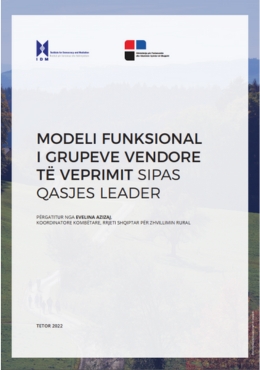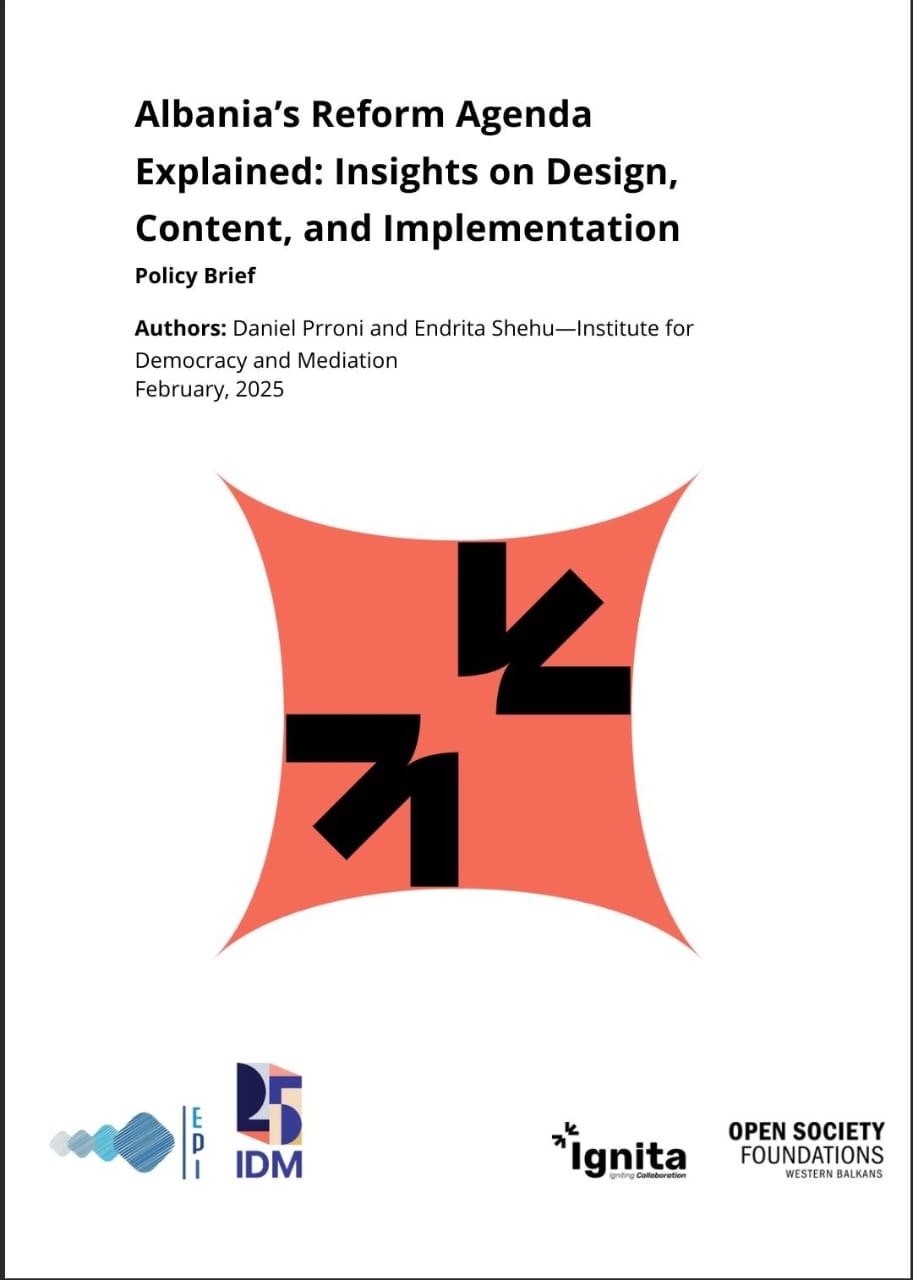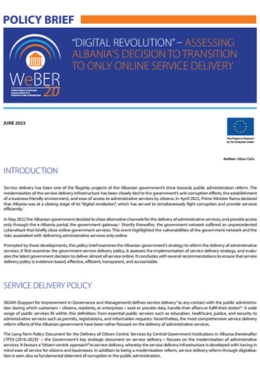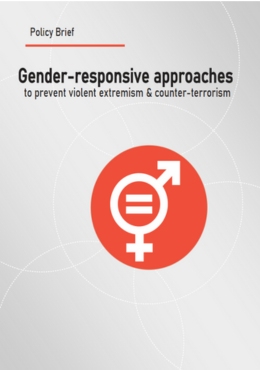While efforts to implement the LEADER approach in our country are relatively early, although not accompanied by sustainable support over time, the features of the country’s general socio-economic development highlight it as an essential factor in improving the lives of communities in rural areas, alleviating poverty, reducing gender and territorial inequalities as well as strengthening social capital and local democracy. The encouragement of the bottom-up approach and the impact of the implementation of the LEADER approach (through the tripartite concept) in improving trust, cooperation and decision-making between public and non-public actors enable rural areas to be determinants of their development policies in the long term.
Implementing the Leader approach in the spirit required by this instrument is not easy and above all, creating partnerships in the form of Local Action Groups (LAGs) requires sufficient time, mutual trust between actors and local leadership. Leader-type processes are likely to be associated with various risks, such as the dominance of the process by the local government and the GVV being seen as an extension of the municipalities. The implementation of the Leader approach is a challenging process, even more challenging in Albanian communities that are characterized by low social capital and low reliability between institutions and other local actors.
Click to download the issue brief with concrete recommendations in Albanian only.
This document is within the framework of “Support for Parliament and Civic Education in Albania” (PACEP), a project of the Swiss Agency for Development and Cooperation (SDC) Embassy of Switzerland in Albania and implemented by NDI Albania – National Democratic Institute.
